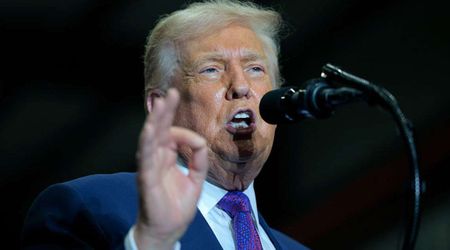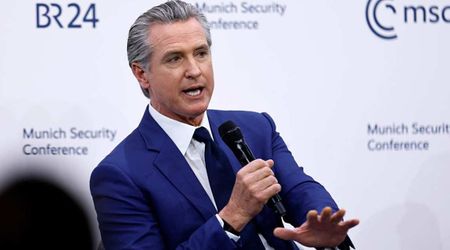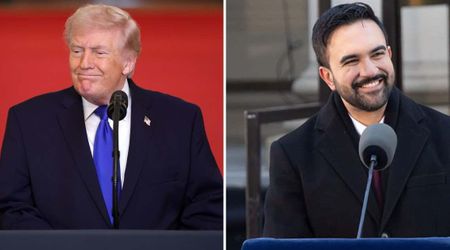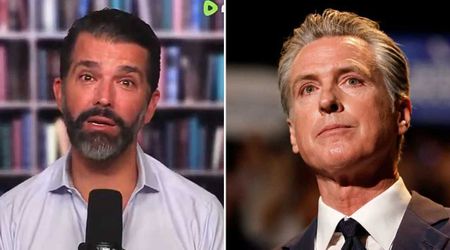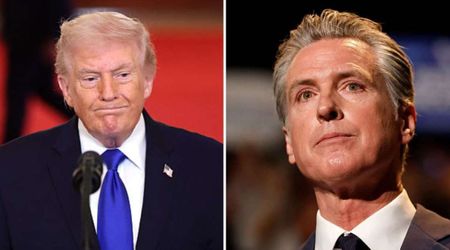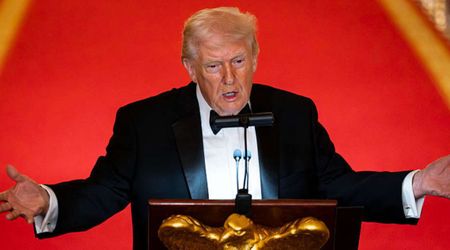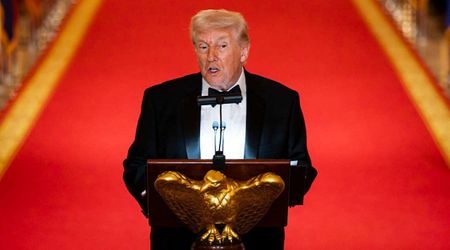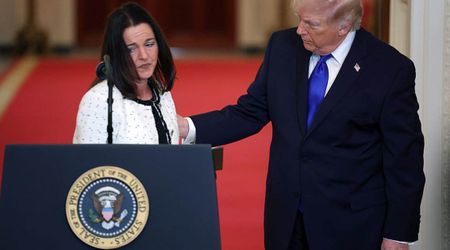Biden's CNN Interview: 5 takeaways as POTUS discusses campus protests and trailing Trump in 2024 race
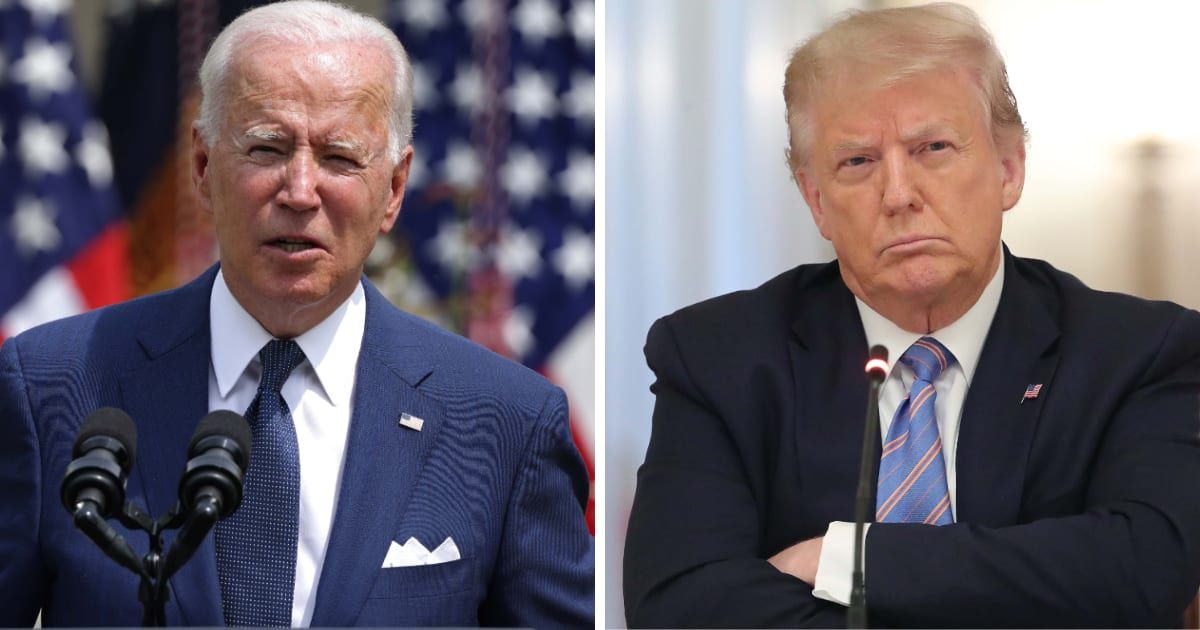
5 important questions Joe Biden answered in CNN's interview

President Joe Biden gave an exclusive one-on-one interview with CNN's Erin Burnett on Wednesday, May 8. Talking in Wisconsin, the 81-year-old incumbent, seeking a second term in the White House, answered about multiple issues grappling the nation that directly impact his re-election bid. The rare television interview took place as Biden continues to trail behind his Republican opponent, Donald Trump, in national and swing state polls, along with the backlash against his administration's support to Israel. Here are five important questions that the president answered in the CNN interview.
1. Polling data concerns

Biden's inability to surpass Trump in the polling data on the economy prompted a question of whether he was running out of time to change the voters perspective of the economy before November 5. "We've already turned it around … the polling data has been wrong all along," the president responded. He suggested that though the people thought the nation was not in good shape, they were satisfied with their individual situations. About inflation, Biden admitted that people were unhappy about the increasing grocery prices but argued that "corporate greed" was more responsible for this than the inability to afford things. "They have the money to spend. It angers them, and it angers me that they have to spend more," the octogenarian claimed. According to a recent CNN poll conducted by SSRS, 70% of Americans consider the country's economic conditions to be poor.
2. Establishing credibility regarding the economy

Biden faced questions about why people should believe him regarding the economy over Trump. "He's never succeeded in creating jobs, and I've never failed. I've created over 15 million jobs," the president said. Though he boasted about the creation of 15 million jobs since he stepped into the Oval Office, the Covid-19 pandemic caused temporary loss of a majority of those jobs. Furthermore, he argued that his economic idea was based on a "Scranton perspective," whereas Trump's was from "a Mar-a-Lago perspective."
3. On Trump's threat not to accept election results if it's not 'honest'

Biden also responded to Trump's latest threat that he would not accept the 2024 election result unless it was not "honest." The president's response indicated his opponent would go by his threat. "I promise you he won't," Biden said. He further argued his opponent did not believe in democracy, citing Trump's warning to target his rivals using his attorney general if elected in November. "What president has ever said anything like this stuff?" Biden asked. "And he means it." The president also claimed that world leaders are rooting for his victory so that the democracies can stick together.
4. Addressing 'Genocide Joe' label amid campus protests

The spreading pro-Palestine protests across US campuses have given Biden the name "Genocide Joe", due to his inaction to stop Israel's attack on Gaza. When asked if he heard the young Americans' message, the president said, "Absolutely, I hear the message." However, he pointed out the protesters have gone beyond their "legitimate right to free speech," citing the rising antisemitism against Jewish students. He added that the demonstrators had no legitimate rights to use hate speech, to threaten Jewish students, or to block people's access to class. Biden deemed all such actions against the law.
5. US bombs killing civilians in Gaza

Biden also faced a critical question about whether the US-provided bombs to Israel were used to kill Gaza's civilians. "Civilians have been killed in Gaza as a consequence of those bombs and other ways in which they (Israel) go after population centers," he admitted. Biden stated that he had notified Israel of his decision not to support the Jewish state's significant invasion plan in Rafah, in southern Gaza along the Egyptian border, and the US postponed a shipment of powerful 2,000-pound bombs. However, he offered to continue the support to secure Israel's Iron Dome and their ability to retaliate against attacks.



